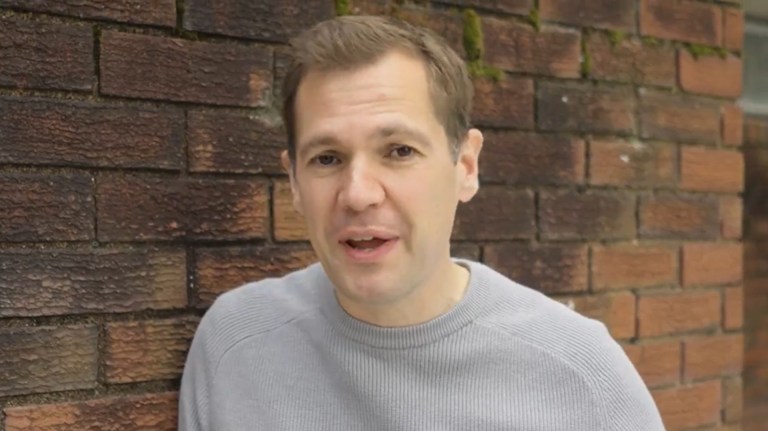What is the Post Office scandal?
An IT failure linked to the Post Office’s use of a new computer system meant hundreds of sub-postmasters were convicted of serious offences between 2000 and 2015 – with some going to prison.
From 2010, the Post Office was aware that there were faults in the Horizon IT system, but it continued to pursue operators of sub-post offices.
Campaign group Justice for Subpostmasters Alliance (JFSA), which was formed in 2009 to fight for justice, claimed workers across the country “suffered atrociously at the corporate hands of the Post Office”.
Around 3,500 branch owner-operators were wrongfully accused of taking money from their branches in total, with more than 700 prosecuted by the Post Office.
When did the Post Office scandal happen?
The Horizon computer system was introduced in 1999, operated by Japanese tech company Fujitsu Services.
Employees have said they experienced problems “from the day of the computer system first being installed”.
Advertising helps fund Big Issue’s mission to end poverty
But the Post Office spent years maintaining there was nothing wrong with the technology, and went after staff when the sums didn’t add up, filing charges of false accounting and theft.
As well as some people going to prison, others were left bankrupt after the Post Office pursued claims which sometimes totalled tens of thousands of pounds. Others were shunned by their local communities.
Has anyone been held accountable for the Post Office scandal?
Around £24million has been paid out in compensation to some of the victims of the Post Office scandal – but there has been outcry about the slow progress.
Of the 900 people convicted during the scandal, only 142 have passed through the appeals process. There have been 93 convictions overturned and 54 upheld, withdrawn or refused permission to appeal.
Dozens of victims have died before receiving justice, The Guardian reports.
Around 39 postmasters had their convictions quashed in a single ruling at the Court of Appeal in April 2021.
Advertising helps fund Big Issue’s mission to end poverty
Lord Justice Holroyde said the Post Office “knew there were serious issues about the reliability of Horizon” and had a “clear duty to investigate” the system’s defects.
“The failures of investigation and disclosure were in our judgment so egregious as to make the prosecution of any of the ‘Horizon cases’ an affront to the conscience of the court,” he wrote in his verdict.
“Defendants were prosecuted, convicted and sentenced on the basis that the Horizon data must be correct, and cash must therefore be missing, when in fact there could be no confidence as to that foundation.”
A public inquiry into the scandal started in February 2021 and is ongoing, with many victims still fighting to have their convictions overturned or to secure compensation.
What is happening with the Post Office scandal now?
There is renewed outcry around the Post Office scandal, partly because of the ITV drama Mr Bates Vs The Post Office.
The inquiry continues and there is fresh pressure to bring about justice for the victims.
The Metropolitan police confirmed for the first time this month that the Post Office is under criminal investigation over “potential fraud offences” committed during the scandal.
Rishi Sunak has said the government is reviewing measures to ensure the Post Office is held accountable – including stripping the Post Office of its role in the appeal process.
The prime minister said: “These things obviously started a very long time ago, and it’s right that they’re looked at properly and the stories are appalling. People were treated absolutely appallingly. That’s wrong. And we should do everything we can to make it right.”
The Crown Prosecution Service could step into the Post Office’s role in the appeals process, the BBC reports. There have been also calls for former Post Office boss Paula Vennells, who was chief executive during much of the scandal, to be stripped of her CBE.
Advertising helps fund Big Issue’s mission to end poverty
The justice secretary, Alex Chalk, and postal minister Kevin Hollinrake were set to meet on Monday to discuss the next steps to address the scandal.










